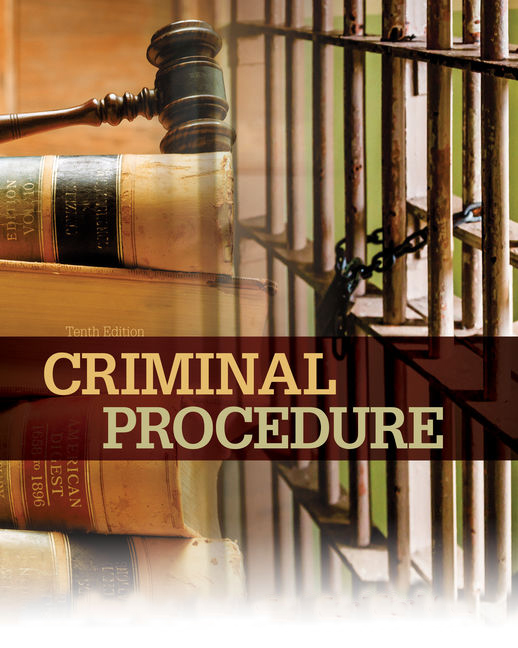In matter surrounding requirement of evidence u/S 203 of Cr.P.C., the bench constituting Suresh Kumar Kait J. of the Delhi High Court has concluded in Kusum Lata v State of NCT of Delhi [CRL.M.C.-1880/2020] that the complaint registered under the said secrion shall be liable to be dismissed if no substantial evidence is presented therewith.
On 29.10.2009, son of the petitioner got married to respondent and since then, they were residing peacefully at the first floor of the said property. Since 2018, the respondent started causing problems for petitioner and her husband and used to fight with them asking them to transfer the rights of all their movable, immovable properties and business of husband of petitioner to the husband of respondent and herself. Thereafter on 18.06.2018, husband of the petitioner made a complaint against respondent alleging that they forcibly entered into the house of the petitioner and threatened them of dire consequences, subsequently subjected them to abuse, manhandle, defamation, mental torture, harassment, etc. however, no action was taken by police, petitioner filed a revision petition under section 397 before the District & Sessions Judge, Patiala House Courts. The Action Taken Report revealed that police control room had not received any calls regarding the incident dated 12.08.2018. The police record of entries 12.08.2018 received from the RTI were also filed before learned ASJ, Patiala House Courts, Delhi, however, without applying judicial mind, learned ASJ dismissed the revision petition of the petitioner
The court observed that the Learned Metropolitan Magistrate has dismissed the application of the petitioner under section 156(3) Cr.P.C. by observing that all the facts leading to the complaint are within the knowledge of the complainant. Even identity of the accused is known to the complainant, evidence is within reach and no custodial interrogation is required. Further the bench also noted that, “There is no ground on which the assistance of the police is required. Further, if at any stage the court is of the opinion that investigation in the matter is required, the court will be within its power to order investigation u/s 202 of Cr.P.C., and this order shall in no way bar such investigation at latter stage.”
The Court has further relied upon the case of Gulab Chand Upadhyaya vs. State of UP & Ors.: 2002 SCC OnLine All 1221 wherein Allahabad High Court observed that the option to direct the registration of the case and its investigation by the police should be exercised where some “investigation” is required, which is of a nature that is not possible for the private complainant, and which can only be done by the police upon whom statute has conferred the powers essential for investigation.
The court held that “In the facts and circumstances of a particular case, Magistrate may take cognizance on the basis of the complaint instituted before him and may adopt the procedure provided under sections 200, 202 of Cr.P.C. and if there is no substance in the prima-facie evidence adduced by the complainant, the complaint may be dismissed under section 203 Cr.P.C”


